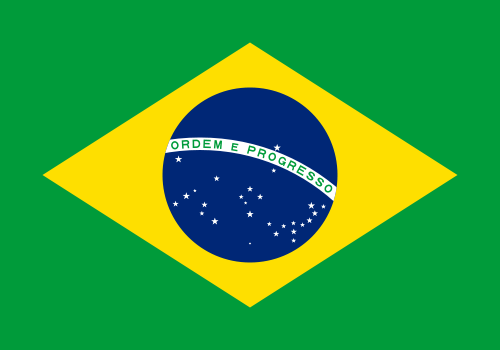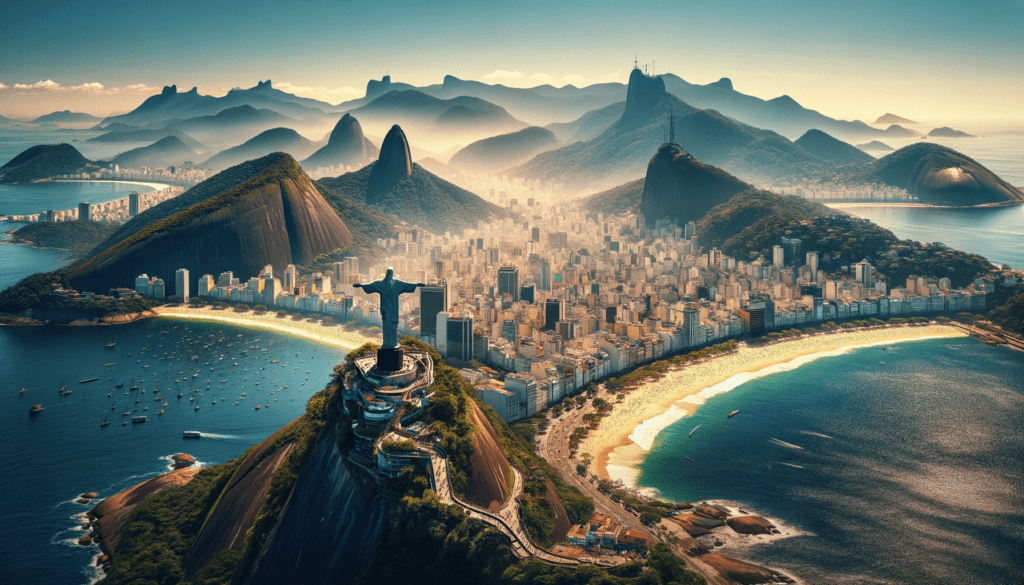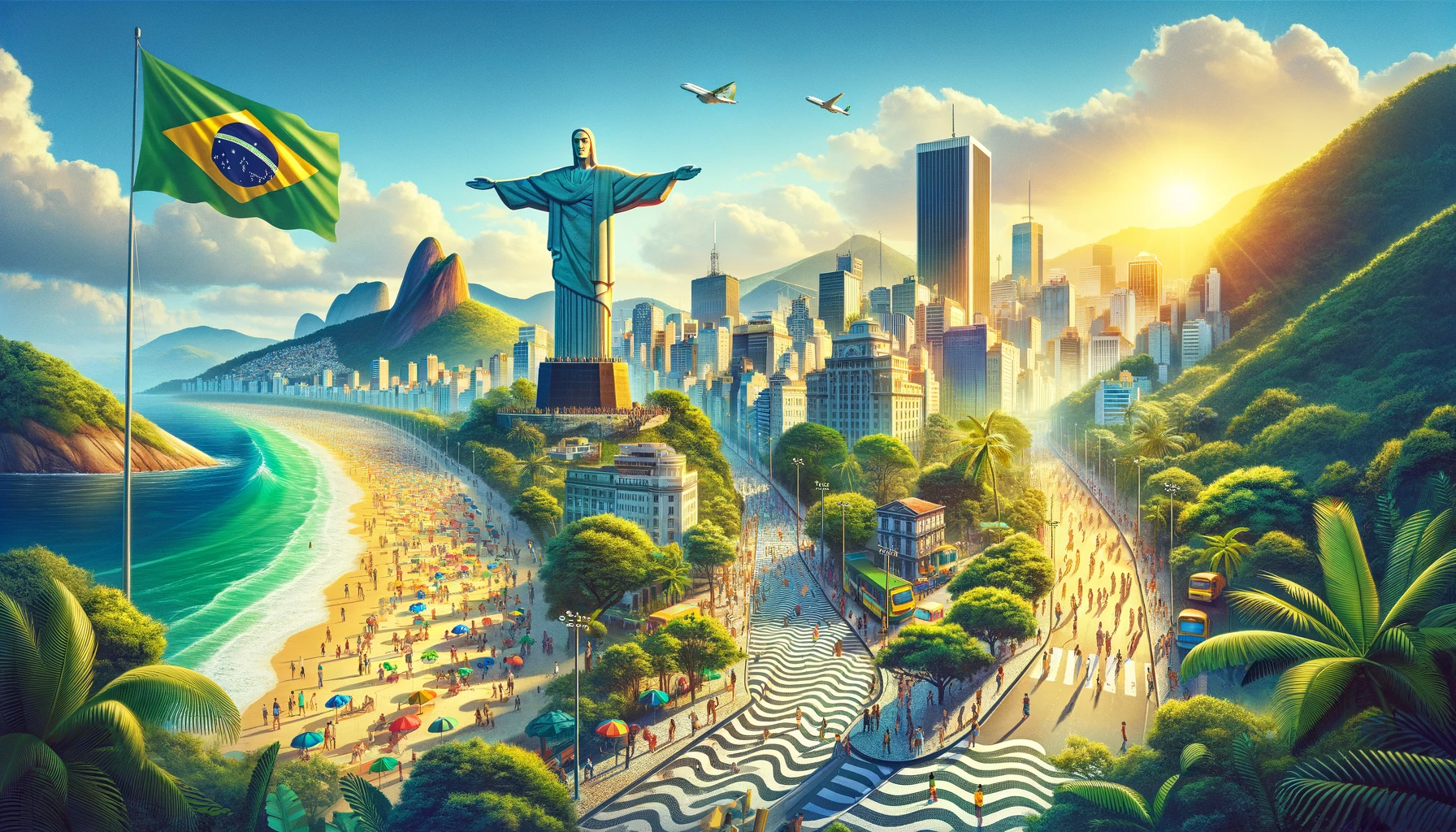Brazil, the largest country in both South America and Latin America, boasts a vibrant culture, lively festivals, and diverse ecosystems. With the Amazon rainforest, the vast Pantanal wetlands, and iconic landmarks like the Christ the Redeemer statue in Rio de Janeiro, Brazil’s natural and cultural landscapes are unparalleled in their beauty and richness.
Public Holidays and National Holidays for Brazil in the year 2024
- New Year’s Day: Monday, 1 January 2024
- Carnival: Monday, 12 February 2024*
- Carnival: Tuesday, 13 February 2024*
- Good Friday: Friday, 29 March 2024*
- Tiradentes Day: Sunday, 21 April 2024
- Labour Day: Wednesday, 1 May 2024
- Corpus Christi: Thursday, 30 May 2024*
- Independence Day: Saturday, 7 September 2024
- Our Lady of Aparecida: Saturday, 12 October 2024
- All Souls’ Day: Saturday, 2 November 2024
- Republic Day Brazil 2024: Friday, 15 November 2024
- Black Consciousness Day: Wednesday, 20 November 2024*
- Christmas Day: Wednesday, 25 December 2024
Please note that the holidays marked with an asterisk (*) may not be observed nationwide or may be observed at different dates in different regions or cities.

History
- Early History and Colonization: Indigenous peoples inhabited Brazil for thousands of years before Portuguese colonization began in the 1500s.
- Colonial Era: Brazil was a Portuguese colony for over 300 years, with the exploitation of both land and indigenous peoples, and later, African slaves.
- Independence and Empire: Became independent in 1822, transitioning from a Portuguese colony to an empire under Dom Pedro I.
- Republic and Modern Era: Transitioned to a republic in 1889. The 20th century saw periods of political instability, including military dictatorships. Re-democratization occurred in the 1980s.
Geography
- Location and Landscape: The largest country in South America, Brazil boasts diverse landscapes including the Amazon Rainforest, extensive river systems, highlands, and vast coastlines.
- Climate: Predominantly tropical and subtropical, with varied climates in different regions, from the rainforests of the Amazon to the arid regions in the Northeast.
Culture
- Ethnic Diversity: A melting pot of indigenous, African, and European influences, resulting in a rich cultural tapestry.
- Music and Carnival: Known for its vibrant music styles like Samba and Bossa Nova, and the famous Carnival festival, celebrated with parades, music, and dancing.
- Language: Portuguese is the official language, making Brazil the largest Portuguese-speaking country in the world.
- Cuisine: Brazilian cuisine is diverse, with popular dishes like feijoada, churrasco, and acarajé, reflecting its multicultural roots.

Economy
- Economic Overview: One of the world’s largest economies, with abundant natural resources. Key sectors include agriculture, mining, manufacturing, and services.
- Agriculture and Exports: A major producer of coffee, soybeans, beef, sugar cane, ethanol, and oranges. Significant in the global agricultural market.
- Industrial Sector: Robust in areas like automobile, steel, and petrochemicals. Home to major companies like Petrobras and Embraer.
- Challenges: Economic challenges include income inequality, inflation, and the need for infrastructure development.
Politics
- Government Structure: A federal presidential representative democratic republic. The President is both the head of state and government.
- Political Landscape: Characterized by numerous political parties. Recent politics have been marked by social issues and anti-corruption movements.
- Foreign Relations: Active in regional and global affairs, a member of BRICS, the United Nations, and other international organizations.
Society
- Population and Urbanization: One of the most populous countries in the world, with significant urbanization. Major cities include São Paulo, Rio de Janeiro, and Brasília.
- Social Issues: Faces challenges such as poverty, education, healthcare, and crime. Efforts are ongoing to address these issues.
- Diversity and Inclusion: A diverse society with ongoing efforts to promote inclusion and address historical inequalities.
Science and Technology
- Research and Development: Focus areas include agricultural sciences, biofuels, and environmental sustainability.
- Space and Aeronautics: Brazil has a growing presence in space research and aeronautics, with its own space agency and the successful aerospace company Embraer.
Arts and Literature
- Literary Tradition: Rich literary tradition with notable authors like Jorge Amado, Paulo Coelho, and Clarice Lispector.
- Visual Arts and Film: Vibrant arts scene, from traditional to contemporary, including renowned festivals like the São Paulo Art Biennial and the Rio de Janeiro Film Festival.
Sports
- Football: A central part of Brazilian culture. Brazil has a storied football history and has produced some of the greatest players, like Pelé and Ronaldo.
- Other Sports: Also participates actively in volleyball, basketball, and motor racing.
International Relations
- Global Influence: An influential country in South America and globally, with a focus on regional leadership and global partnerships.
- Environmental Stewardship: Plays a crucial role in global environmental issues, particularly in the management and conservation of the Amazon Rainforest.
Challenges and Prospects
- Sustainable Development: Balancing economic growth with environmental sustainability, particularly in the Amazon region.
- Social and Economic Reforms: Addressing social inequality, improving public services, and promoting economic stability and growth.

